A survey conducted by the National Association of Manufacturers, a U.S. trade organization representing 14,000 companies, reported a drop in confidence in the economy.
From January to March, 88 percent of manufacturers reported feeling positive about the economic outlook. By September, that proportion dropped 12 points to 76 percent.
The association’s president and CEO Jay Timmons said Oct. 19—at a virtual press conference held by the Port of Los Angeles—the U.S. manufacturing industry was strong, but companies had concerns about supply-chain disruptions and some tax and immigration policies affecting manufacturers.
More than three-fourths of manufacturers listed supply chain issues as their primary business challenge in August, which they said led to “increased raw material costs, higher costs for key inputs and higher transportation and logistics costs,” according to Timmons.
He added the supply chain issue affected the global economy and contributed “a great deal” to inflation.
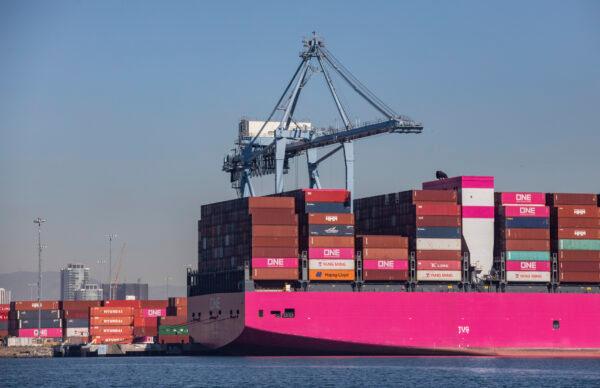
Slowdown in 2023
The manufacturing sector expects a slowdown in inventory in the next year, and two-thirds of the members of the manufactures association expect a recession on the horizon domestically and internationally, Timmons said.Growth in inventory is expected to decline nearly 1 percent in the next 12 months, which would be the first decline since 2020.
Union Negotiations Bring Uncertainty
More than that, the uncertainty of a national rail workers union strike could wreak havoc on operations and logistics planning heading into the holiday season, Timmons said.The Brotherhood of Maintenance of Way Employees Division, one of several rail unions, voted to reject a contract deal Oct. 10 brokered by President Joe Biden, with paid sick time being a major sticking point. This has sparked fear nationally that a strike could further cripple the bogged-down national supply chain and disrupt holiday travel.
A new deadline has been set for Nov. 19—after midterm elections—but rail carriers will have to start shutting down service for certain products and bulk freight up to 10 days before that deadline.
“These are the kinds of disruptions that cause delayed shipments and additional shipping supply chain upheaval,” Timmons said.
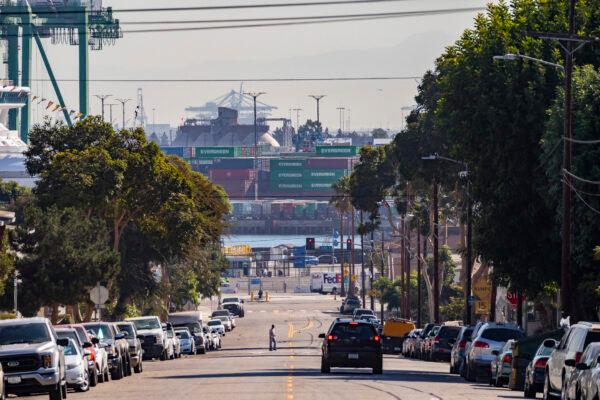
Labor Shortage in Manufacturing
The workforce is also in crisis, Timmons said, which requires long-term solutions.Manufacturers are having trouble finding talent, resulting in 800,000 open jobs. The number of women in manufacturing reached 30 percent and efforts are underway to increase that, but more work must be done to fill an expected 4 million manufacturing jobs by the end of 2030, according to the association.
“Federal policy really has to be more aligned with manufacturers,” Timmons said. “It’s great to have elected officials claim to support manufacturing, but we need their action.”
However, the labor shortage can’t be solved without fixing immigration, according to Timmons.
The United States has invited Ukrainians and Afghans into the country but has not yet given them the ability to get a work permit, even though there are 12 million jobs to fill and 800,000 manufacturing jobs open, he said.
“We need Congress to fix the broken, unreliable immigration system,” Timmons said. “Clearly, we need border security. That’s imperative. But we also need more avenues for people to come legally and to work.”
LA Port: Fewer Containers Waiting, but Wait Time Still Long
Port of Los Angeles Executive Director Gene Seroka reported at the conference the port’s progress last week on clearing import containers from the busy terminal.The port has less than half of the number of containers it had on dock during the height of the supply chain crisis last fall.
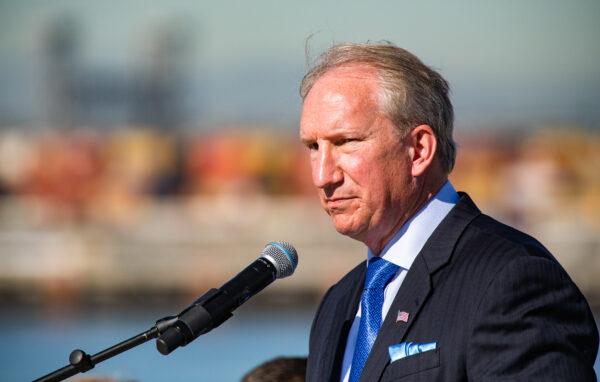
Truck chassis, the trailer carrying cargo containers on trucks during transportation, wait for an average of 10 days on the street before being shipped, according to the Port of Los Angeles. That was six days longer than it should be, Seroka said.
The port is still working to reduce the time it takes for containers to be shipped by rail, which is currently about 7.3 days on average, he said.
The port is hopeful the rail unions can reach a contract agreement and resolution soon, Seroka said, but Los Angeles and Long Beach ports face concern over labor unions locally.
The International Longshore and Warehouse Union and the Pacific Maritime Association have been negotiating new contracts since May.
Several cargo carriers have diverted traffic to East and Gulf coasts as uncertainty looms. Both unions have publicly stated they would not walk out or go on strike, Seroka said.
However, with the shift in confidence and a reduction in consumer spending, the Port of Los Angeles reported a 22 percent decrease in imports since last September. Exports have also declined.
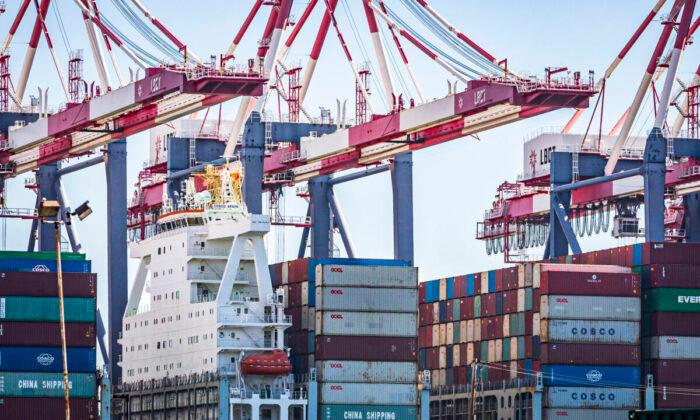

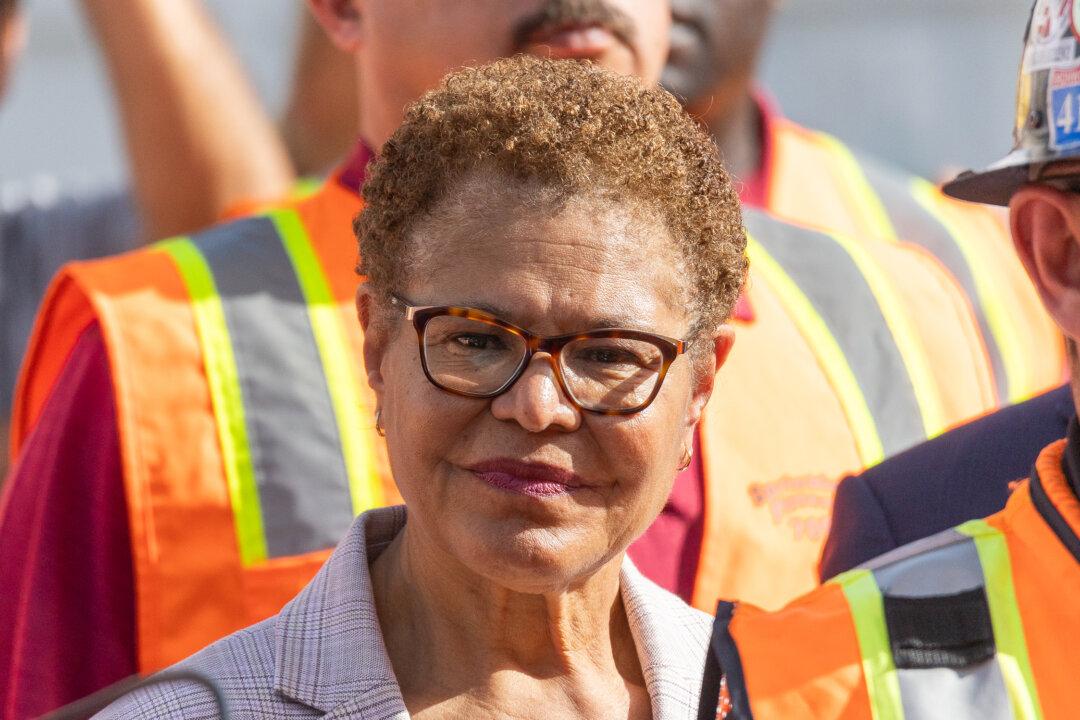
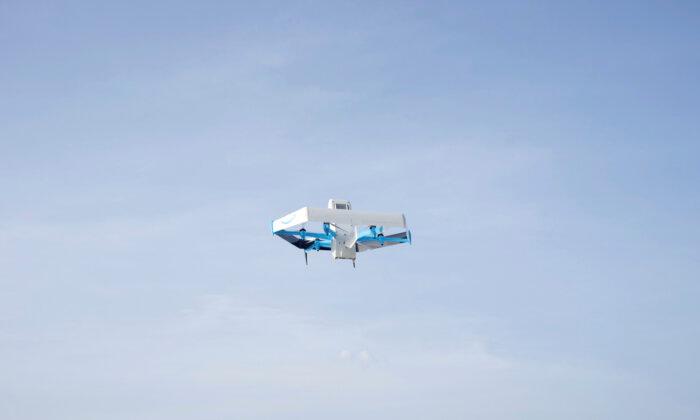
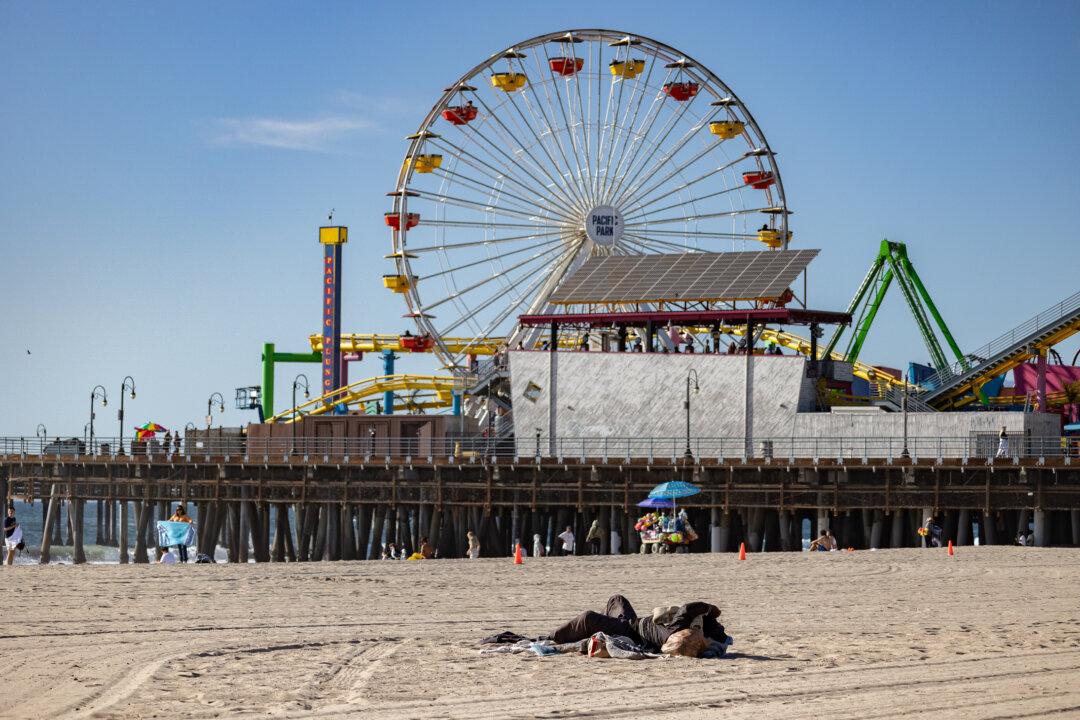
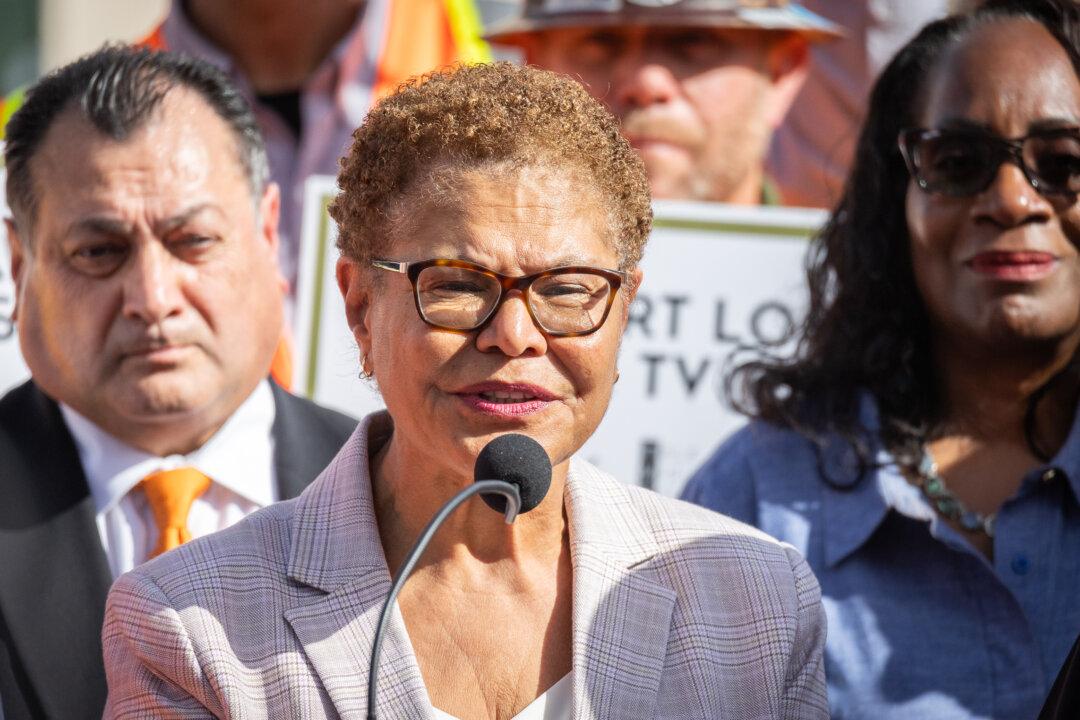
Friends Read Free